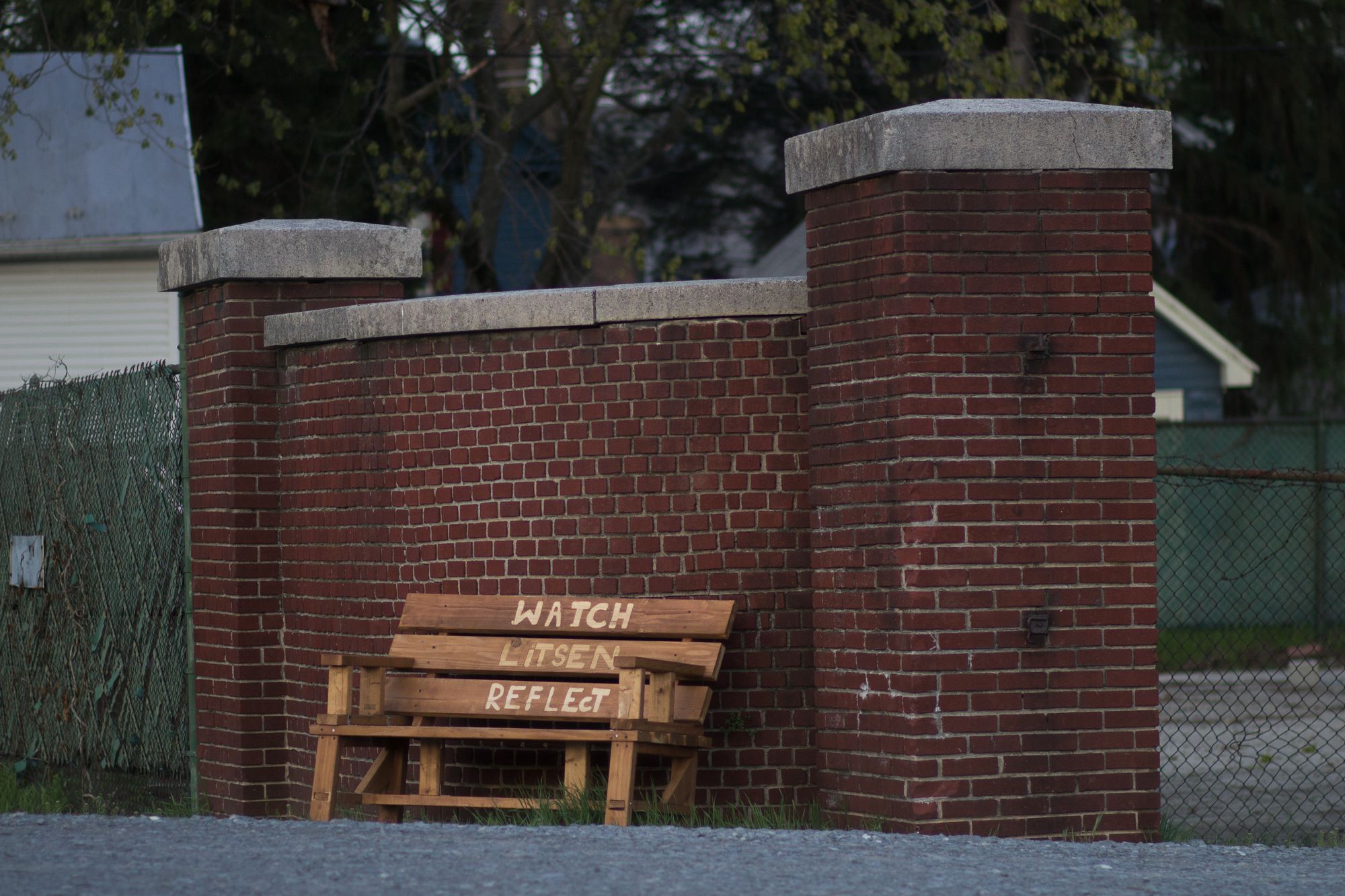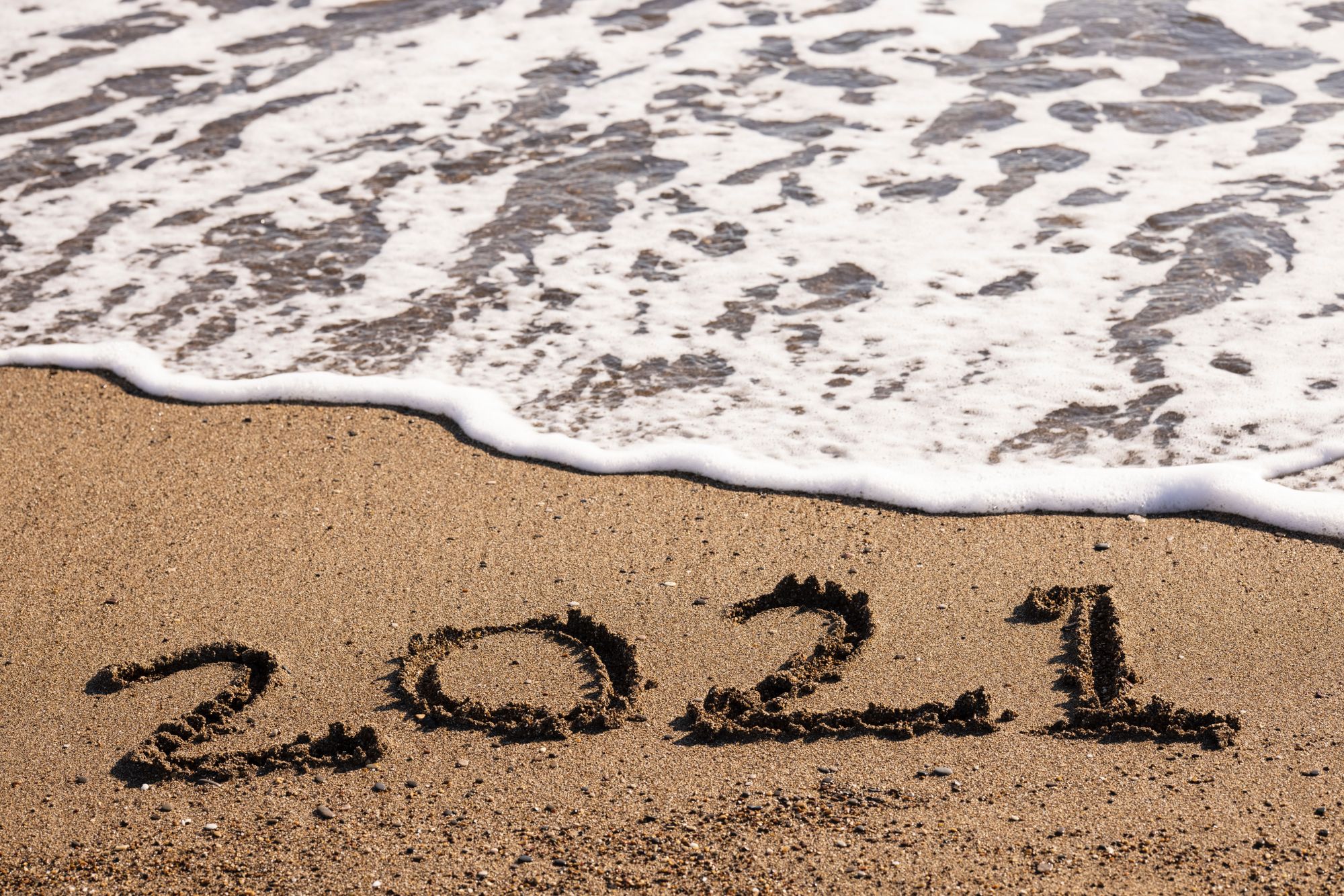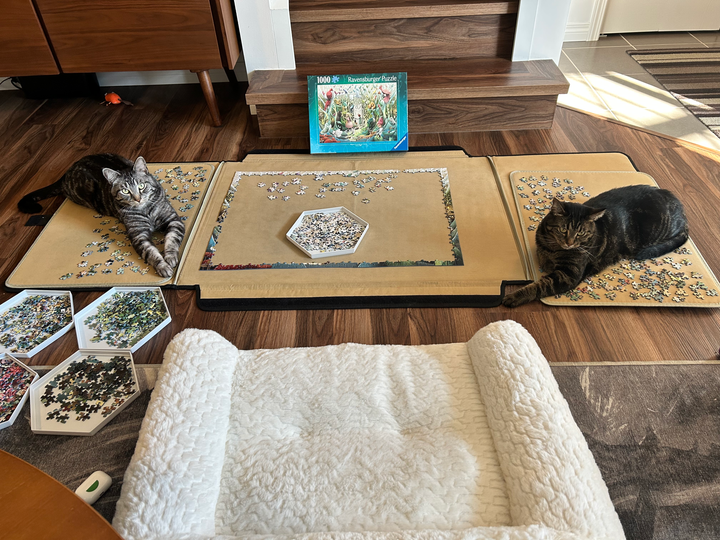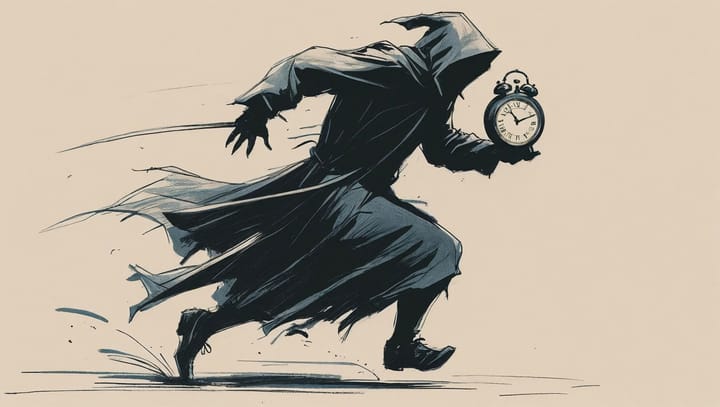How To Do an Annual Reflection to Get The Most Out Of The Year Ahead
As 2021 comes to a close, it's time to reflect back. Take time to collect information, evaluate, and learn to set yourself up for 2022.

In Edmonton, during the winter, the sun sets in the late afternoon and it’s full dark before dinner is on the table. We had our first blizzard in early November and the snow will stay until at least early April. Christmas is a few weeks away and the year is winding down. We’re coming up to the end of 2021 and whew, it was a doozy for…the entire world, really.
As the holiday season crescendo starts, it’s a good time to take stock of the last year and everything you’ve been through. I bet it’s a lot!
Why reflection is important
Regular (even daily!) reflection is a required element of intentional living. Reflection is important because it allows you to evaluate how far you’ve come, what you accomplished, what worked, and what didn’t work.
I like to think of reflection as collecting the data points of my life, and an annual reflection is a high-level summary of those data points.
As the saying goes, hindsight is 20/20. You have so much more information after something happens. You can’t do anything to change the past, but you can take time to collect information, evaluate, and learn.
It’s through the information you collect that you live intentionally because you will:
- Make better decisions with new information (pivot or stay the course)
- Understand yourself better
- Understand others better
- Recognize patterns of behaviour (both good and bad)
Reflection is a powerful way to see the rhythms and patterns of your life and allows you to skim over the usual chores and tasks to take note of the top and bottom 5%. The ideas and clarity you get are the basis of innovation and change.
What reflection is not
Reflection is not meant to:
- Rehash old problems
- Dwell on the past
- Lament past decisions
- Wallow in regret
- Criticize past versions of ourselves
- Cast blame
You can’t change what’s done but you can learn from it. You can’t change others but can change yourself. Remember to use your reflections to arm yourself with information to grow and improve, not beat yourself up.

How to do an annual reflection
An annual reflection can be as comprehensive or shallow as you want. The following four phases provide steps to do an annual reflection with guiding questions to ask yourself as you think about 2021, today, and into 2022.
1. Collect information
What even happened this year? I don’t know about you, but time felt kind of fluid over the last year. To refresh your memory beyond the big events, some places you can look back through to collect data points include:
- Calendar - What events were included? Where did you go? What did you spend your time on?
- Daily reflection or journal - What did you experience or find notable enough to write down?
- Social media - What updates did you share? Which photos and memes did you post? What did you find funny?
- Chat apps - Who did you talk to the most? What kind of conversations did you have?
- Photos - What did you decide to take pictures of? Did you share those photos?
- Goals - Did you set goals for yourself at the beginning of last year? Did you reach them? Why or why not?
- Strategic plans - If you own a business, what plans did you set and what progress did you make?
These are sources for your data points. You don’t need to comb through all these. Some sources will apply to you and others won’t, depending on your habits. Choose the sources that apply to you, start back in January 2021, and work forward to December 2021.
Steps for information collection:
- Open a blank Word Document or GoogleDoc.
- List the months from January 2021 to December 2021.
- Choose a couple of the information sources listed above to refresh your memory
- Start back in January and under each month heading, list any notable events or happenings.
- Repeat for each information source you chose.

2. Evaluate what matters
When you are done with your information collection, look back over it and think about how you would categorize these notable events and happenings. How would you evaluate each one? I like to start with two simple questions:
- Was it good?
- Was it bad?
Steps for evaluation:
- Remove the monthly headings so you have a single list.
- Make two new headings of Good and Bad.
- For each event or happening, move it under one of those headings.
- For each event under the Good heading, ask yourself questions like: What about this was good? How did this make me feel? Who was with me?
- For each event under the Bad heading, ask yourself questions like: What about this was bad? How did this make me feel? Who was with me?
- Record your reflections under each item.
Review your list as a whole and think about:
- What are you proud of?
- What was more difficult than you expected?
- What do you wish you had done differently?
- What things happened that surprised you?
- What are you grateful for?
- Who did you spend the most time with?
- Who do you wish you had spent more time with?
- Add any additional reflections.
Everything you make note of is either worth celebrating, worth learning from, and/or something that can motivate you as you move forward.

3. Learn as much as you can
The last (and most important) step is to identify what there is to learn. You probably had a few things come up as you worked through your evaluation. Write them down and work through the following steps:
Steps to learn from your reflections
- Identify any common threads or themes.
- Identify what you want to keep doing.
- Identify what you want to change or stop doing.
- Identify what you want to start doing.
- Identify who you want to spend more time with.
- Identify who you want to spend less time with.

4. Use your annual reflection to set goals for the New Year
An annual reflection sets the foundation for new goals in the year ahead. You have all this information. Use this opportunity to take what you learned and decide which parts are important so you can get the most out of the year ahead.
Steps to set goals for the new year
- For each of the things you identified as learnings, set a goal.
- Write down the steps required to achieve the goal.
- Do it!
You can’t control the future, any more than you can change the past. But you can apply what you have learned to be intentional about how you will spend your time, energy, and attention in the new year.
*Note: I plan to publish a post on how to set goals in the first week of the new year!

Reflect with compassion
An important part of reflection is compassion. Every year will be full of ups and downs. There will be things to celebrate and things to grieve. Sometimes there will be regrets and things that didn’t go as planned. Whatever happened, you did the best you could with the information and resources available to you at the time.
As you reflect on 2021, have compassion for yourself, for what you endured as an individual and what the world as a whole endured. Honour your wins, no matter how small. It’s been a remarkable time in so many ways and one that required an incredible amount of resilience.
One of the silver linings of the last year and the hardships that came with Covid is that it provided many people with clarity on what is important to them. People changed jobs or careers, moved to new homes or places, ended relationships or started new ones. New paths were forged that might not otherwise have happened.
With so much change, an annual reflection will provide perspective on the big (or small changes) you made over the past year, and help you decide what’s next for 2022.
What path did you forge in 2021? What new path will you forge in 2022?
Do you want someone to guide you through your reflection process? I would love to help!
Share
Ashley Janssen

Productivity consultant, writer, speaker, serial entrepreneur, chaos calmer, introvert, cat-lady. Lover of books, fitness, old fashioned’s, basketball, and video games.
Follow me on
Twitter
or
LinkedIn.
Hire me for
1 on 1 productivity consulting
or
speaking.
Related articles

Not An Annual Reflection

The Most Popular Every Intention Articles in 2025


Comments ()